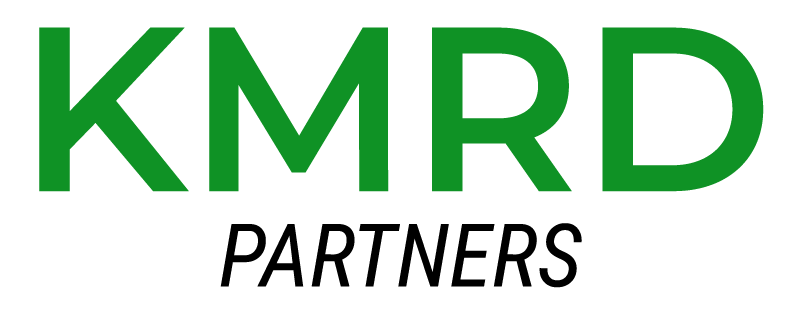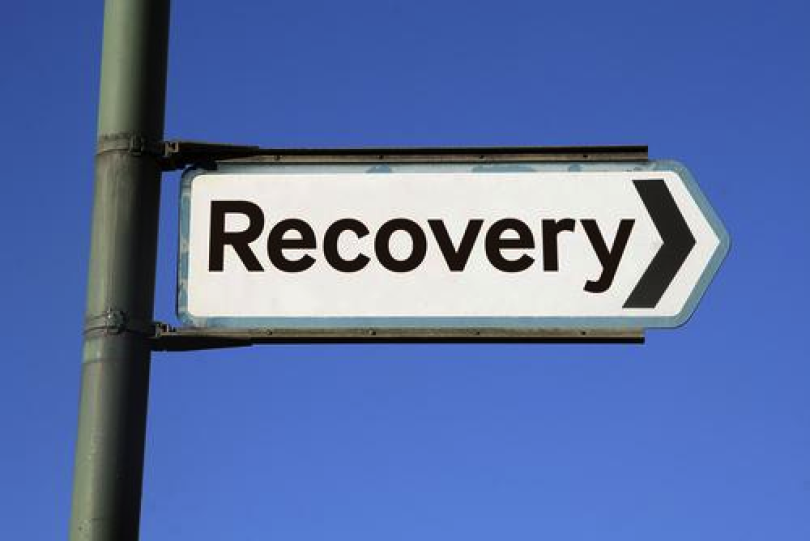Recovery Begins After Disaster Strikes
There is no textbook disaster, and yet… Every disaster is different. The gulf oil spill has been different than Katrina, just as the wild fires that recently scorched California’s Riverside County were different than the gulf oil spill. And yet, each successful disaster recovery exhibits many of the same attributes.
Effective management
Every successful recovery begins with a group of managers who kept their heads, communicated clearly and executed a coherent plan. By deputizing capable field leaders before disaster strikes, senior management will have made great strides towards achieving a successful resolution.
Every successful recovery begins with a group of managers who kept their heads, communicated clearly and executed a coherent plan.
Anticipate Disaster
It may seem obvious, but it is critical to identify potential sources of disaster. A business that is located next to a river with a history of flooding should anticipate this possibility, just as a business that is located near critical infrastructure should anticipate the potential of a terrorist attack.
Be Transparent
Companies that recover from disaster typically prepared their staffs long before the event occurred. There is no room for improvisation in the event of disaster. It should be a tightly scripted event that seeks to minimize loss of life and property.
Business Continuity
A business continuity plan is critical to disaster recovery. This plan should consider where the business will be restarted and who will be running it. Of course, a Key Man life insurance policy should be considered.
The Disaster Within
Post-traumatic stress is only one of the hidden results of a disaster. By recognizing that the long-term effects of a disaster can be deep and far reaching, an organization will not only recover more quickly but also anticipate the occurrence of echo disasters.
Insurance can be the difference
Organizations that either had gaps in their coverage or insufficient coverage rarely survive a disaster. Your broker can help you to identify the types of disasters that could potentially strike your firm – from fire … to flood … to an armed intruder … to cyber terrorism – and choose underwriters that specialize in each coverage. Your broker team can be on the ground even as the disaster is unfolding to help start your firm on the road to recovery.
Need to deliver better risk management results for your company? Schedule a brief demo of our risk management system, KMRD XChange.





